![No51 [MEMORY] A writer who cannot forget No51 [MEMORY] A writer who cannot forget](https://www.zoomjapan.info/wp/wp-content/uploads/focus02.png)
![No51 [MEMORY] A writer who cannot forget](http://www.zoomjapan.info/wp/wp-content/uploads/focus02.png)
The tragic events of 11 March 2011 rekindled the author’s links to the region of his birth.
Furukawa Hideo talks about his roots, nuclear power and the strange relation between men and animals.
In Horses, Horses, in the End the Light Remains Pure, published by Columbia University Press in 2016,Furukawa Hideo tackled the most dramatic event Japan has experienced since the end of the SecondWorldWar:the earthquake and the tsunami that took place on 11March 2011,and provoked the Fukushima incident. In his own words, and in his typically passionate style, he cast san unflinching eye on the tragedy, which he can note rase from his mind. Asa native of the affected region, he continues to be active in keeping the memory alive.
when did you have the idea for this book? Furukawa Hideo :On 11March 2011,I was in Kyoto. I was doing research for my new book when I found out about the disaster. I can’t remember how long I spent in front of the TV, watching all those tragic images that were shown over and over again. My family, who still lives in Fukushima Prefecture, was lucky enough to survive, but I immediately felt this almost physical need to return to my region. It was as if a voice inside kept repeating that I had to watch what was happening. So I went home to Tokyo, and from there I left for Fukushima by car. This urge to go home gave way to an impulse to write down everything I was seeing and feeling. That material makes up the documentary part of my book.
Horses, Horses, in the End the Light Remains Pure
is a work of great immediacy, and came out in record time.In June, just three months after the natural disaster, the whole of it was published in the literary review Shincho. The following month it was available for sale in bookshops. Am I right to believe that this is quite rare, even in Japan?
F.H. :It might bean exceptional case, considering the circumstances that inspired the novel. The book was mostly written spontaneously, impulsively, by giving way to the emotions I felt at the time, instead of a filtered, reasoned approach. My publishers understood the emergency, and did all they could to make the novel available as soon as possible.
This novel has a particular structure that mixes reportage, narration and military history.
F.H. :It wasn’t premeditated. Especially in the beginning, when I returned to Fukushima, my only preoccupation was to record everything that was going on while it was happening. I’d walk around with my pen and pad, and write down everything that I could see around me–the destruction, hope and despair of these people – without knowing whether I was going to use the senotes. It was compulsive, I had to write. I’m a writer, not a journalist. My passion is to tell stories, that’s why I decided to add some fictional elements when writing the novel.
Even though you find the description of being a “Fukushima writer” too narrow, you have now been fighting for the past seven years for this tragedy to be remembered…
F. H. :Yes, it’s very important to me, because historical memory is precious. In my specific case, being in Kyoto while it was happening, hundreds of kilometres
away from the disaster, influenced the way I reacted. Those who were in Tohoku (or even in Tokyo, where the shocks were very violent) simply want to forget about what happened. It’s very human to want to forget traumatic events. But for me and many other people, it’s important to preserve the memories of those times, and writing is one way among many others of making sure Fukushima isn’t forgotten over time.
what you’re saying is important, because it wasn’t the first time that Tohoku has experienced a tsunami. In the past, one could find bollards indicating how high the water had risen during floods, but people forget, and under-estimate the dangers of living in risk zones.
F. H. : These people behave in that way for several reasons. In Japan, for example, the cult of ancestors is still very important. People usually live near a cemetery where their family is laid to rest. Moving away from it means breaking a multigenerational link with one’s own land and roots: it would be an insult, a wound inflicted on one’s own ancestors. It may seem strange to some people, but among the things that hurt the Fukushima survivors most is the fact that is has
become impossible to visit their family grave to carry out those traditional rituals. For example, my family tombstone was damaged during the earthquake on 11 March. My parents needed to repair it. The link to our place of origin is often stronger than any considerations about safety.
Let’s come back to your book. It starts like a report, but fiction suddenly takes over when a character, one of the brothers from your previous novel, Seizazoku (The Holy Family, 2008), appears out of nowhere on the back seat of your car. Can Horses, Horses, in the End the Light remains Pure be considered as the sequel to that novel?
F. H. : It’s not a sequel, it’s more of a recurring idea. Every writer has a few topics that he regularly revisits in different forms. In my case, the disaster of 11 March generated a series of thoughts that led me to re-create some parts of Seizazoku. I reached a stage where writing a report was not sufficient to express my feelings, and I had to fall back on the narrative tools that I find easier to use. It’s important to highlight that many people fled Fukushima, but hundreds of others came to help, report, or to simply see with their own eyes what had happened. The brothers in Seizazoku can be understood not just as characters from the story, but also as real individuals because what they see represents what thousands of people saw.
Once again, you have animal protagonists in your novel. why do you find them so fascinating?
F. H. : Horses are at the centre of the story, and so are dogs, cats and cows. Since the dawn of time, they’ve lived close to men, and depended on them. They’ve been able to observe humans at close hand.
A Japanese person’s reading of his own country’s history will always be very subjective, because he’s part of it. Animals, on the other hand, can have an objective outlook on things. That’s why I consider them to be a perfect narrative medium.
what is the connection between Fukushima and the horses?
F. H. : For centuries, this region was celebrated for its prestigious horse breeding. During the Edo period (1603-1867), farmers and horses lived under the same roof. People had “L-shaped” farms: humans occupied one side, and the horses lived in the other, and every animal had a name. I remember, when I was a child, we had a stable although we didn’t have any horses. This culture has now nearly
disappeared. With the modernization of agriculture and the use of machines, horses aren’t needed anymore. Even racehorse breeding has disappeared in Hokkaido, and the only ones left are used in the tourist trade.
You’re a native of koriyama, what memories do you still have of where you were born?
F. H. : When I was a child, the city was famous for its yakuza (laughs). Over time, it became the first commercial centre of Fukushima Prefecture, and the second urban centre of Tohoku. The earthquake was a hard blow for the local economy, but we are now seeing a revival. The population has even grown, because people had to leave the most contaminated zones of the prefecture to seek refuge.
In your novel, you wrote: “I never intended to stay in my city. I made that decision in primary school. I can’t say that I hated the place, simply that koriyama didn’t need me.” what do you mean?
F. H. : It’s hard to explain. One of the factors that pushed me to leave Fukushima was local tradition. I come from a family of farmers. Normally, the eldest succeeds the father in managing the farm, and he then assists his elderly parents, while the youngest is free to leave and seek his fortune elsewhere. So, ever since I was a child, I knew what my destiny was. I grew up in the countryside until I was 15, and moved to the city to go to high school. I then started meeting people from a different milieu, and made new friends. That’s when I started moving away from home, before leaving definitively at the age of 18, when I enrolled at university in Tokyo.
Was your home hit by the earthquake?
F. H. : It was damaged by the shocks, but not to the point of needing to be rebuilt. It was very hard for my parents because they didn’t get a single yen from the insurance or from the government. They had to pay for all the repairs from their own pocket. As if that weren’t enough, my family specialized in shiitake mushroom growing, and mushrooms are prone to absorbing lots of radioactive substances, including caesium, so the whole harvest had to be destroyed. The first two years after the earthquake were very hard on them.
Do you go home often?
F. H. : About six times a year. In fact, I go back to Koriyama where I still have many friends, but I don’t show up at home all that much (laughs). Over the past few years, I tried to do my best to help with the rebuilding. People in Tohoku are quite inward looking and uncommunicative, and don’t know how to express their feelings of rage and despair about what happened in 2011. In 2013, with some friends, I created a school open to everybody, we teach literature as well as different ways of expressing one’s feelings and emotions in words. It’s been a
success.
Last year, the government declared that people living in katsurao and Itate, two villages close to Fukushima, could go home because the radiation levels had decreased and weren’t dangerous anymore. what do you think of that?
F. H. : At the very beginning, the government shouldn’t have forced all these people to leave. What’s expected of a government is that they should give clear information on the levels of radioactivity and the dangers that those deciding to stay will incur. Then, everybody should have the freedom to decide whether or not to leave. The authorities shouldn’t interfere, it’s a personal decision. In the
end, some people would have preferred to stay and die at home in familiar surroundings and near to their ancestors tombs, rather than slowly fall apart in temporary refuges, far from their own world. In that regard, the government’s behaviour was unacceptable.
So I am guessing you consider the Japanese government didn’t do enough to help the victims of Fukushima…
F. H. : It didn’t. I can’t forget how it tried to hide the truth, and all the Machiavellian speeches to avoid owning up to their mistakes, or the way it handed over their responsibility to others. People came from all four corners of Japan and from across the world to help my region. But the government used bureaucracy in order not to get its hands dirty.
Let’s come back to your novel. After the violence, death and destruction that you write about, your book still seems to end on a note of hope.
F. H. : It seems to me that reliving that experience together can help us avoid making the same mistakes in the future. I’m also convinced that a book has a duty to leave the readers with a message of hope. Even if it’s all about tragic stories. One should always be optimistic about the future.
Interview by Jean Derome

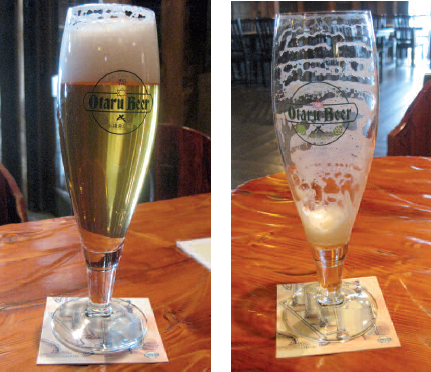
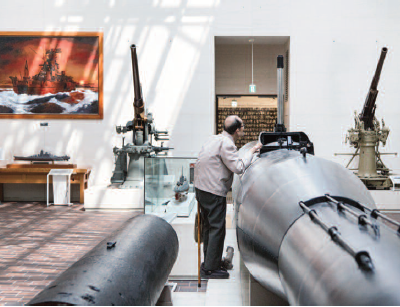
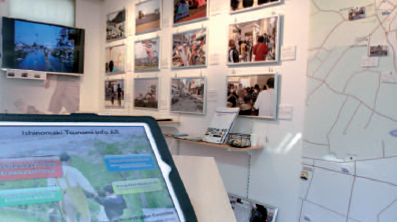
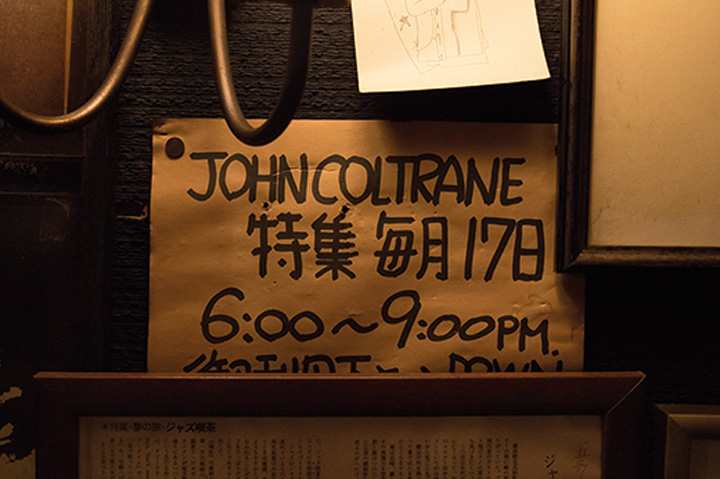
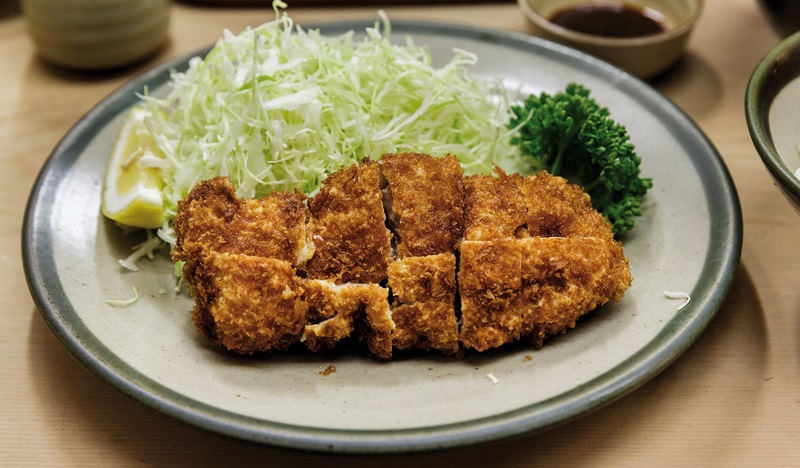
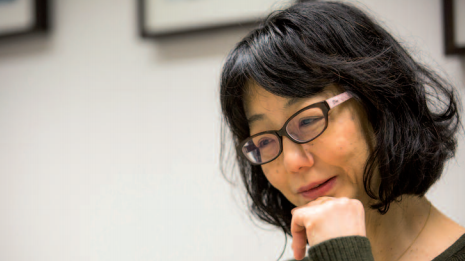
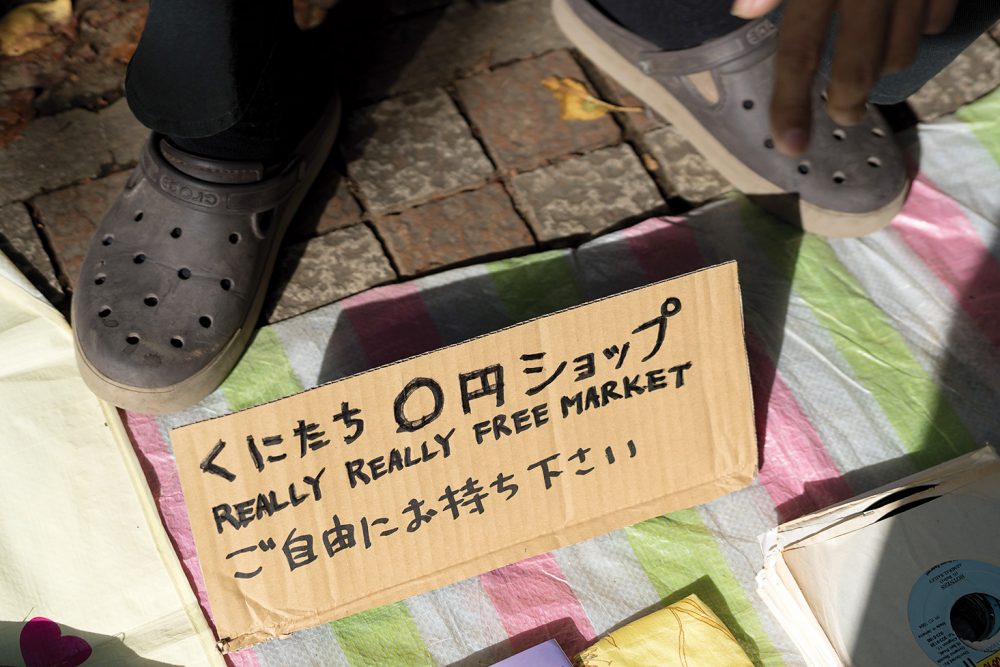
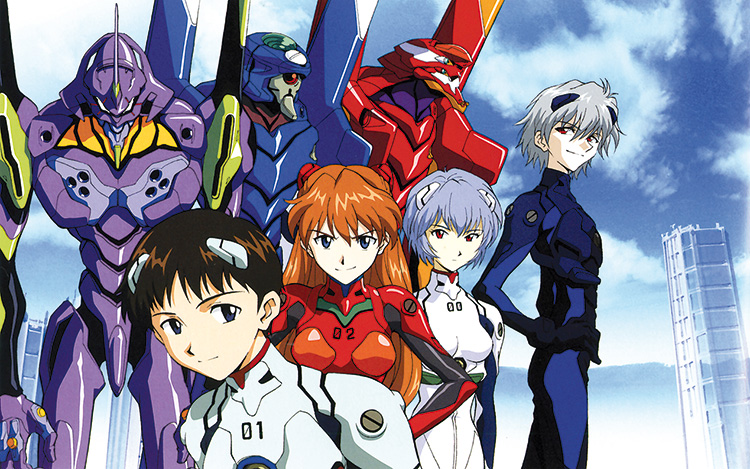
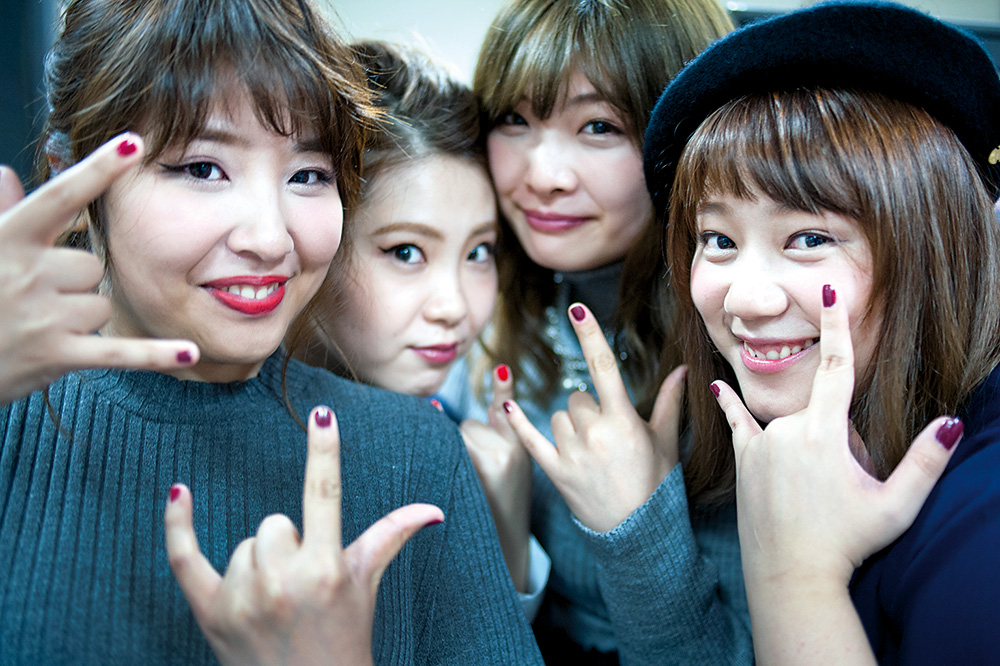

Leave a Reply